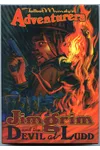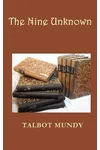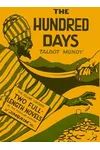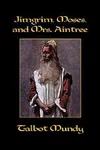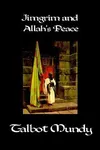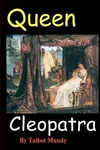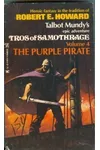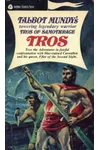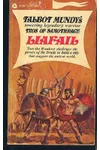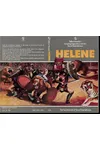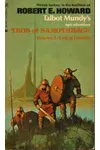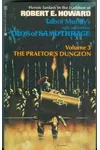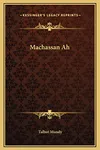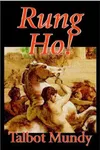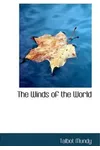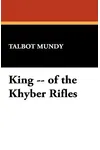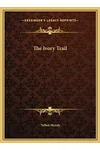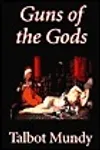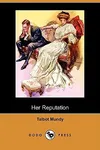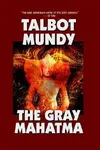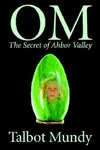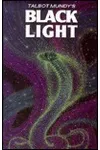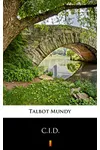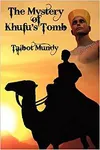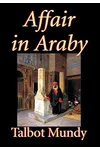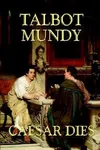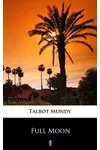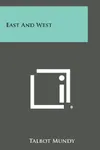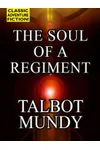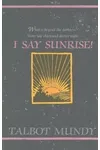Picture an English adventurer turned storyteller, weaving tales of exotic lands and daring exploits—meet Talbot Mundy! Born William Lancaster Gribbon in 1879, Mundy traded a conventional life for a whirlwind of global adventures, which fueled his thrilling adventure novels. Best known for King of the Khyber Rifles and the Jimgrim series, his stories blend political intrigue, mysticism, and anti-colonial sentiments, captivating readers with their vivid settings and philosophical depth.
The Making of Talbot Mundy
Born in London to a middle-class family, Mundy’s thirst for adventure led him to ditch school at 16, joining a circus in Germany before diving into relief work in India, where he battled malaria. His colorful early life—stints as an ivory poacher in East Africa, a British civil servant, and a near-fatal mugging in New York—shaped his gritty, worldly perspective. By 1911, Mundy, now an American citizen, began channeling his experiences into stories, starting with the short story “Pig-sticking in India” for pulp magazines like Adventure.
Talbot Mundy’s Unforgettable Stories
Mundy’s 47 novels and over 100 short stories are a treasure trove of adventure fiction, often set in India, the Middle East, and ancient worlds. King of the Khyber Rifles (1916), his most famous work, follows a British officer navigating tribal conflicts and mysticism in colonial India, later adapted into films in 1929 and 1953. The Jimgrim series, featuring the spy James Schuyler Grim, mixes espionage with spiritual quests across the Middle East. Om: The Secret of Ahbor Valley (1924) explores Tibetan mysticism, reflecting Mundy’s fascination with Theosophy, while Tros of Samothrace (1934) dives into historical fiction with a Greek hero battling Julius Caesar. His style, rich with exotic locales and anti-imperialist themes, set him apart from contemporaries like Rudyard Kipling, whom he was often compared to but disliked for their colonial leanings.
Mundy’s narratives are more than swashbuckling tales—they’re philosophical journeys. His respect for Eastern cultures and critique of Western imperialism gave his work a progressive edge, making him one of the first Western writers to champion Asian philosophy in popular fiction. His stories, serialized in pulps before becoming books, enthralled readers with tight plots and vibrant characters.
Why Talbot Mundy Matters
Mundy’s influence ripples through adventure and speculative fiction. Writers like Robert A. Heinlein and Fritz Leiber cited him as an inspiration, and James Hilton’s Lost Horizon drew from his mystical themes. His works, translated into multiple languages, found a devoted following, with reprints by Gnome Press and Avon keeping his legacy alive posthumously. Hollywood embraced his stories, with King of the Khyber Rifles inspiring multiple adaptations. Mundy’s anti-colonial stance and cultural empathy remain relevant, offering timeless reflections on global harmony and spiritual growth.
- Born: April 23, 1879, London, England
- Died: August 5, 1940
- Key Works: King of the Khyber Rifles, Jimgrim series, Om, Tros of Samothrace
- Notable Fact: Became a U.S. citizen in 1915
Ready for a literary adventure? Snag King of the Khyber Rifles and dive into Talbot Mundy’s thrilling world of intrigue and mysticism!
